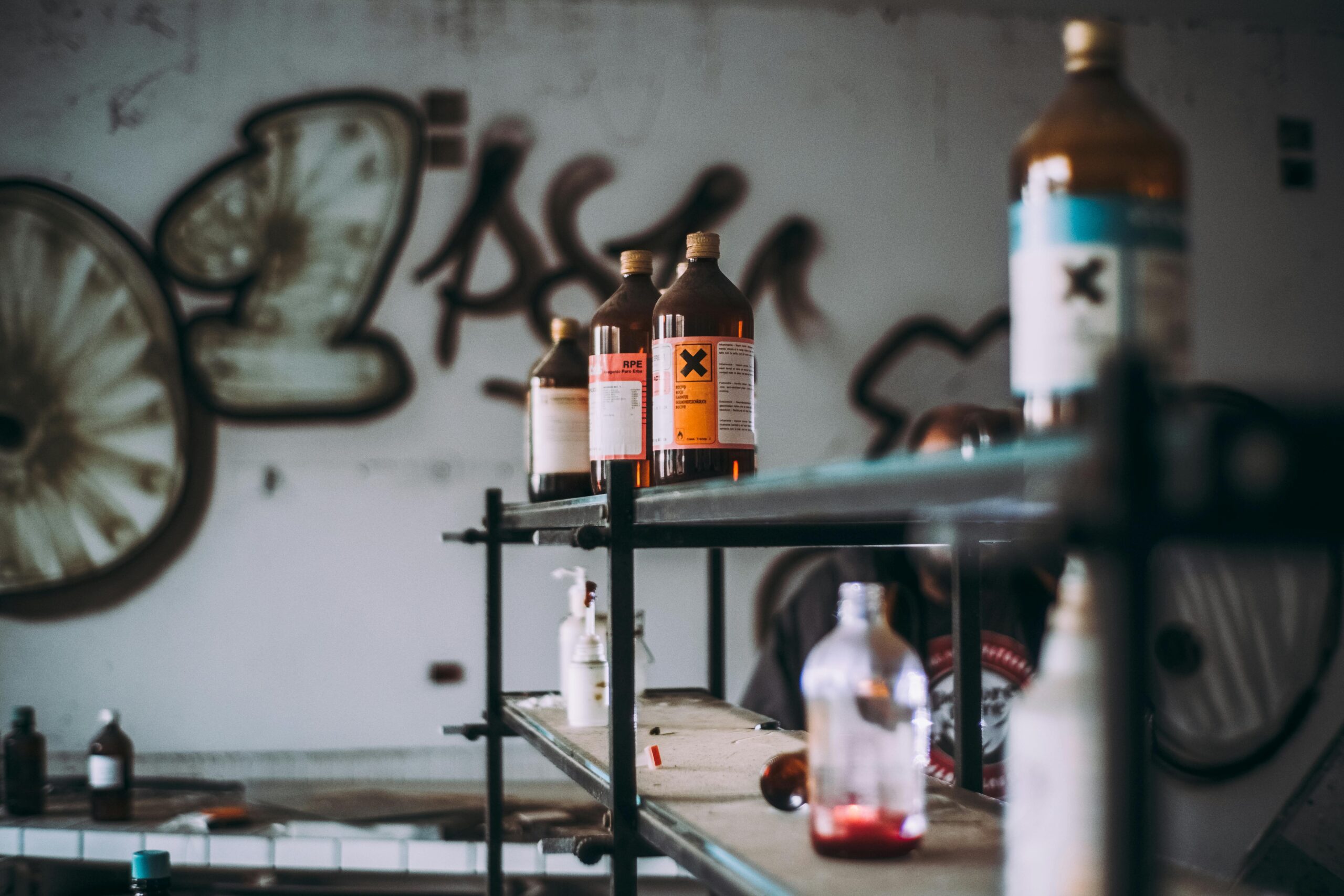Exposure to environmental toxins has become an inevitable part of modern life. Found in everyday items like plastics, cleaning products, cosmetics, and even food, these chemicals—known as endocrine disruptors—can have severe effects on our health. From hormonal imbalances to fertility issues and cancer, these toxins pose significant risks.
What Are Endocrine Disruptors and How Do They Affect Us?
Endocrine disruptors are chemicals that interfere with the body’s hormonal balance. They can:
- Disrupt hormone production and function, leading to fertility issues.
- Weaken the immune system, making us more prone to infections and allergies.
- Damage DNA, increasing the risk of chronic illnesses like cancer.
The good news? You can take proactive steps to reduce your exposure and safeguard your health.
Practical Steps to Reduce Exposure to Toxins
Here are effective strategies to create a healthier environment for you and your family:
1. Improve Indoor Air Quality
Indoor air can contain more pollutants than outdoor air. To improve it:
- Ventilate your living spaces regularly.
- Replace synthetic air fresheners and candles with natural essential oils.
- Use HEPA air purifiers, especially in urban areas.
2. Store Food Safely
Plastic containers are a major source of toxins that leach into food. To minimize exposure:
- Switch to glass or stainless steel food storage containers.
- Avoid heating food in plastic containers.
3. Opt for Cleaner Food Choices
Diet is a primary source of toxin exposure. Protect yourself by:
- Choosing organic produce, particularly fruits and vegetables known to carry high pesticide residues (e.g., strawberries, apples).
- Washing all produce thoroughly, even organic ones.
- Supporting local farmers for fresher, less processed options.
4. Use Natural Cleaning Products
Commercial cleaning agents often contain harsh chemicals harmful to health and the environment. Safer alternatives include:
- DIY cleaners made from vinegar, baking soda, and castile soap.
- Eco-friendly products with minimal chemical ingredients.
5. Filter Your Water
Tap water may contain heavy metals and chemicals like chlorine. To ensure cleaner water:
- Install home water filters.
- Use stainless steel or glass water bottles instead of plastic ones.
6. Reduce Single-Use Plastics
Single-use plastics not only pollute the environment but also introduce microplastics into your body. To limit their impact:
- Use reusable water bottles and coffee cups.
- Replace disposable straws and bags with sustainable alternatives.
7. Choose Safer Personal Care Products
Cosmetics and personal care products are significant sources of toxins. Opt for:
- Items free of parabens, synthetic fragrances, or phthalates.
- Products with simple, natural ingredients.
8. Avoid Non-Stick Cookware
Non-stick pans release harmful substances (PFAS) when used. Instead:
- Choose cookware made from cast iron, stainless steel, or ceramic.
Benefits of Reducing Exposure
Small lifestyle changes can have a profound impact over time. By adjusting your daily habits:
- You reduce your exposure to harmful toxins.
- You improve your overall health and well-being.
- You protect your family while contributing to a safer, cleaner environment.
Start with simple actions, like choosing healthier products or modifying daily routines. Each step you take matters and can lead to lasting benefits for both your physical and mental health.
Take control of your environment today for a better tomorrow!

